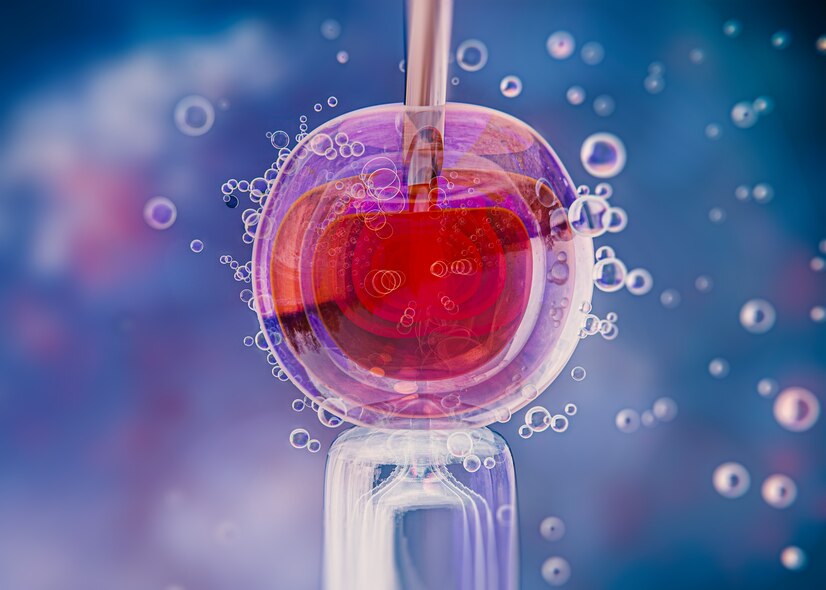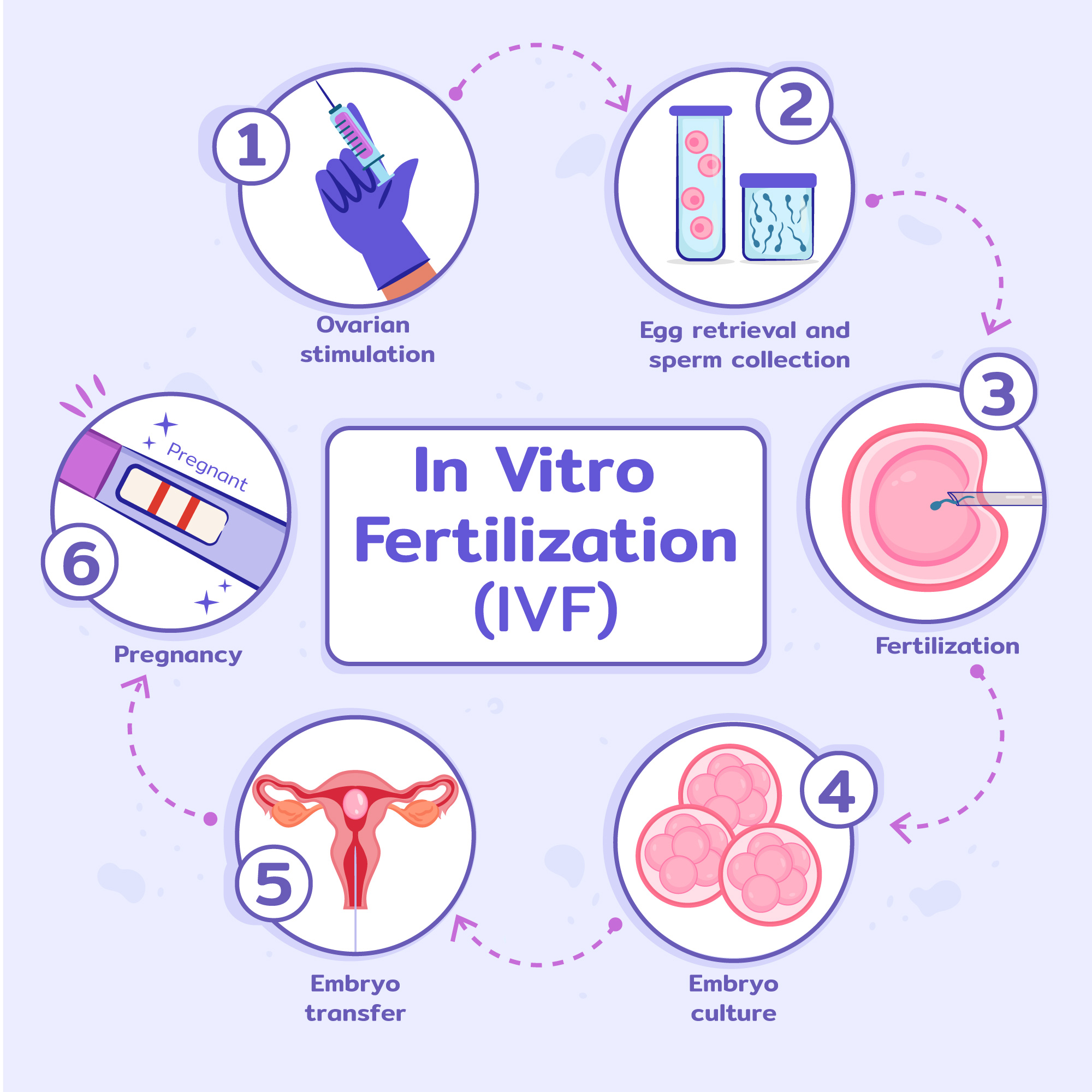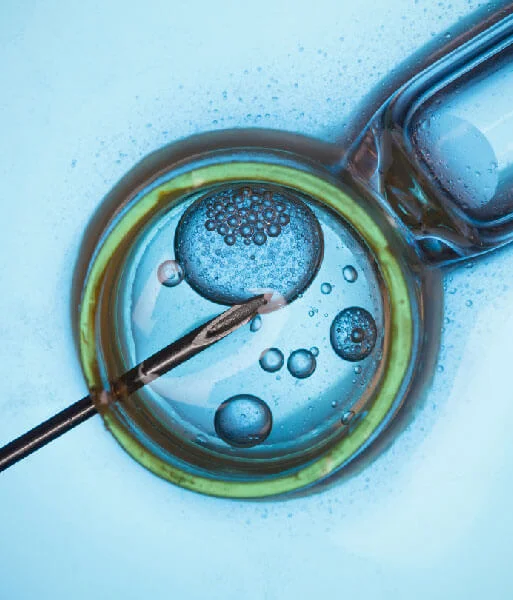In vitro fertilization (IVF) in Turkey
Un vitro fertilization (IVF) in Turkey

In vitro fertilization is a form of assisted reproductive technology that helps couples facing infertility get pregnant and have children. Consisting of a few complex steps, IVF treatment gives the highest success rate compared to other operations of this type. There are also factors that can increase or decrease the chances of conception with IVF. The whole operation is usually completed over a month with an additional two weeks for the results to come out.
Every experience with an IVF treatment is unique. However, a typical first appointment at Acıbadem looks like this: First, you will be met at the reception, and accompanied to the doctor’s office where the two of you will discuss for about an hour. Then a nurse will help you carry out the doctor’s orders. Acıbadem International Patient Center will plan every detail of your step. You will receive lots of information along the way and always stay in touch. Feel free to take notes and ask questions during your consultation process.
t is estimated that nearly 15% of all couples are affected by infertility. Fortunately, we have many design aids today, and they evolve over time to help us achieve better results. In the case of IVF treatment, the most suitable candidates are women who suffer from irregular ovulation cycles, blocked fallopian tubes, polycystic ovary syndrome (PCOS), and men with low sperm count or irregularly shaped sperm.
Doctors used to say that the main symptom of infertility is not getting pregnant while having regular sex for at least 12 months. In most cases, there would be no other noticeable symptoms. It is recommended to consult a doctor when a couple has been trying to conceive a baby regularly for at least a year, in the case where the female partner is under 35 years old; after 6 months if the woman is 35 or older, and immediately after 40.
According to general figures, almost 40% of all causes of infertility are related to women, 40% are related to men and 20% are what is called “unexplained infertility”. What remains behind these numbers is of vital importance, as the root cause defines the treatment and determines its successful outcome.


IVF Treatment Process
An IVF procedure has five main steps. First, we’re increasing your egg supply. Women undergo an injection that stimulates the ovaries to produce more eggs than the usual natural cycle. The second step is to monitor your progress and mature the oocytes. An ultrasound is done to check the development of the eggs, and medications are used to help them mature.
Once the follicles reach a mature size of 17 or 18 mm, an injection of HCG is administered, which leads to the final development and maturation of the eggs. The third step is to collect the eggs from the ovaries. This procedure is performed using ultrasound guidance, where the doctor uses a narrow needle to retrieve the eggs from the ovary through the vaginal wall. The procedure is painless, performed under light anesthesia. The fourth step of IVF treatment is to fertilize the eggs in the laboratory. Sperm can either be mixed with eggs to fertilize (this is called conventional insemination – standard IVF procedure), or selected sperm can be injected directly into each mature egg (this is called intracytoplasmic sperm injection or ICSI).
Fertilized eggs, now called embryos, are allowed to grow and develop in culture media for typically 3 or 5 days. When they reach 5 days, they are called blastocyst stage embryos. Then usually 1 or 2 embryos, which have demonstrated the best quality and development, are carefully transferred to the uterus. A small, sterile, flexible catheter for embryo transfer is used for this purpose. This is the most important step in an IVF procedure. After the embryos are transferred to your uterus, you should wait 2 weeks before taking a pregnancy test to see if the treatment worked or not.
Frequently Asked Questions In vitro fertilization (IVF)

